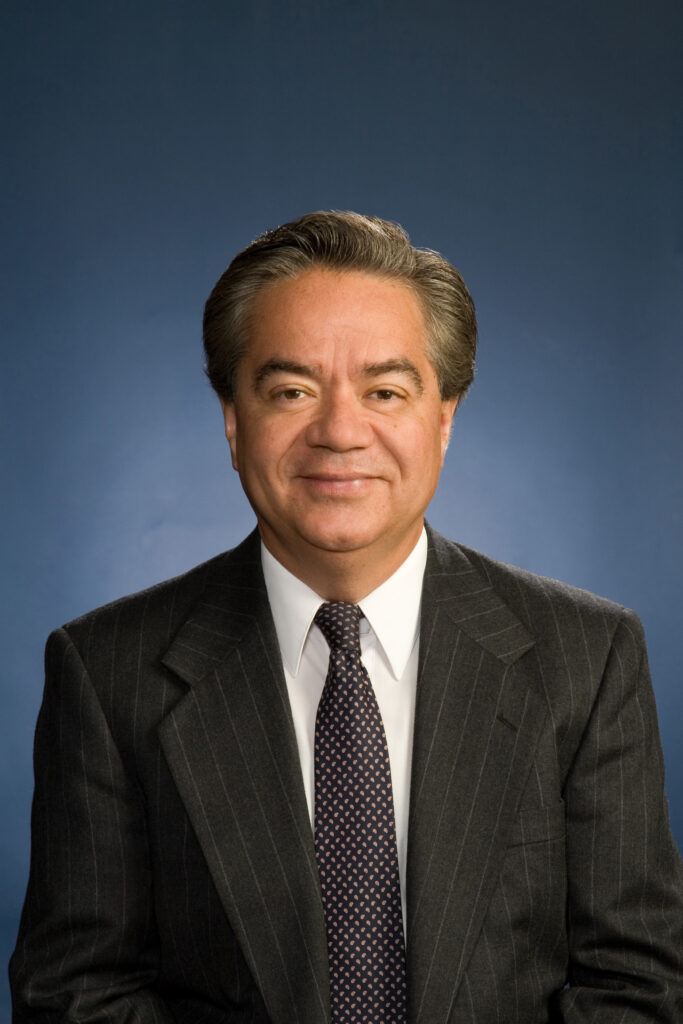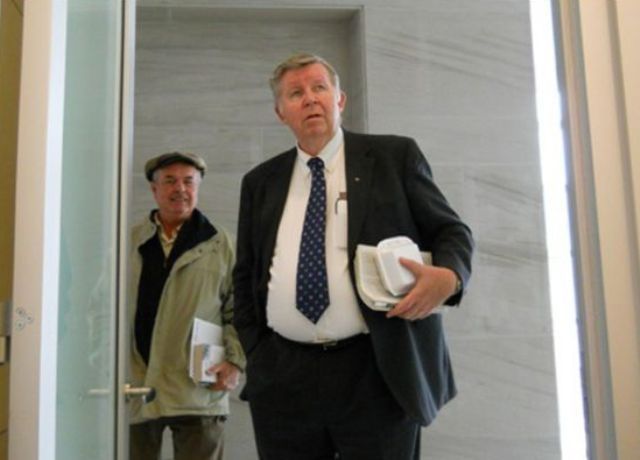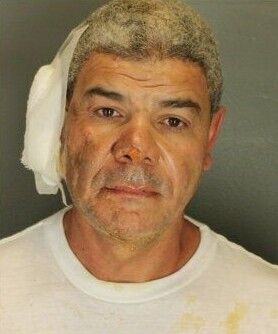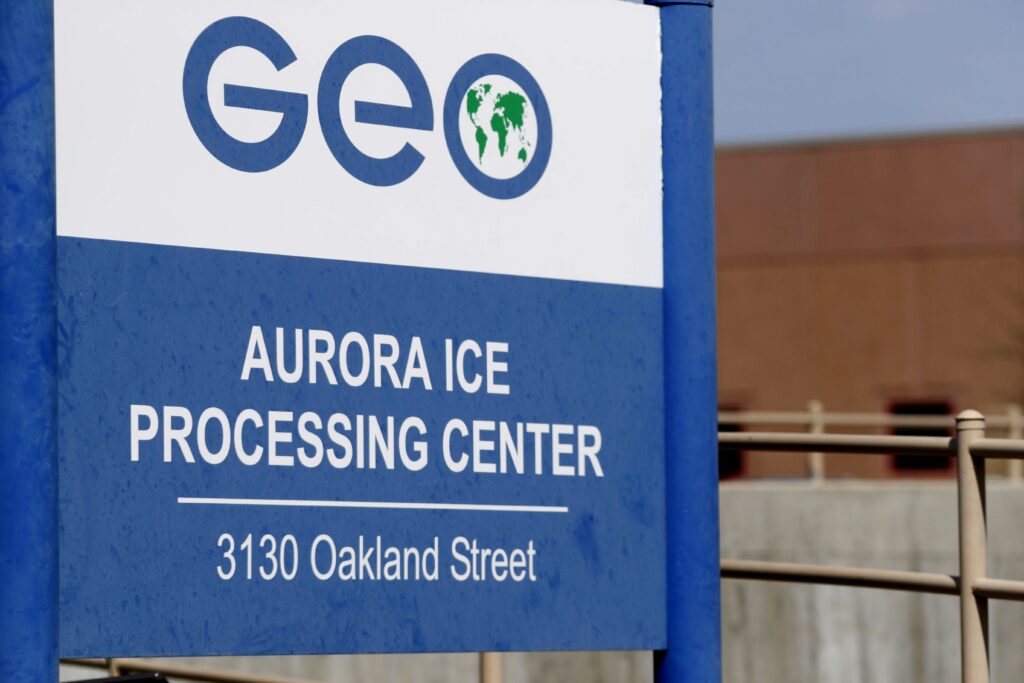Federal judge finds Vail Health did not engage in monopolistic practices

A federal judge concluded last week that Vail Health did not engage in unlawful anticompetitive practices involving a monopoly on the physical therapy market in the Vail Valley.
Sports Rehab Consulting LLC and its founder, Lindsay Winninger, alleged the health system employed tactics to monopolize or attempt to monopolize the provision of physical therapy in violation of the Sherman Antitrust Act of 1890.
In a Sept. 10 order, U.S. District Court Senior Judge William J. Martínez determined the evidence did not support the plaintiffs’ arguments and, moreover, those arguments largely failed to address the points Vail Health made in its defense.
“To recap, the Court finds that Plaintiffs have not shown evidence of exclusionary conduct or effect in this case,” he wrote.

Winninger used to work as a physical therapist for a clinic operated by Vail Health. She left in 2012 to become the head physical therapist for the U.S. women’s ski team, but founded her own business — Sports Rehab — in 2014. She hired David Cimino away from Vail Health to work as a physical therapist in Vail.
Both Winninger and Cimino had inappropriately copied files containing patients’ protected information from Vail Health around the time they left. Regulatory and law enforcement agencies performed investigations into Winninger and Cimino’s actions.
In April 2017, Winninger and Sports Rehab sued Vail Health in state court for defamation, based on its statements “suggesting” she stole documents. A trial judge sided with Vail Health, finding the statements were largely true. A jury later heard Vail Health’s counterclaims about Cimino’s taking of documents. Although it found fault with Cimino and Winninger’s actions, the jury believed Vail Health had not been harmed.
Last month, the Court of Appeals upheld the outcome of that case.
Meanwhile, Winninger and Sports Rehab sued Vail Health for its alleged “exclusionary conduct” to maintain a monopoly on physical therapy in the Vail Valley.
The plaintiffs again cited Vail Health’s alleged defamation as one such tactic, but also argued Vail Health had entered into a $173 million agreement with The Steadman Clinic and the Steadman Philippon Research Institute to control competition in the market.
“Vail Health maintained a market share in the physical therapy market for the Vail Valley geographic market of 80% or more during the period of December 1, 2012, through the present,” their lawyers wrote.

Vail Health moved to end the case in its favor without a trial. It noted the plaintiffs had to establish Vail Health’s anticompetitive actions harmed them. The plaintiffs, argued Vail Health, were essentially trying to relitigate the unsuccessful defamation lawsuit, with no evidence that Vail Health’s statements “had any impact on market-wide prices, quality, or output.”
“Plaintiffs concede that there were at least ten competitors in the market apart from Vail Health and themselves,” wrote Vail Health’s attorneys.
Moreover, continued Vail Health, the $173 million deal to allegedly stifle competition never went into effect. In fact, one of the parties to the proposal continued referring patients to Sports Rehab in the years leading up to the lawsuit.
The plaintiffs’ response to Vail Health’s motion was shielded from public view on the court’s docket. However, Martínez characterized the document in his order as “sloppy” and containing a “new theory of liability” for the first time.
He agreed with Vail Health that the $173 million proposal never led to an executed agreement that could violate the Sherman Act.
“From all this, the Court finds that the uncontroverted evidence establishes that Vail Health did not pay (The Steadman Clinic and the Steadman Philippon Research Institute) $173 million in exchange for an agreement not to compete in the PT market, as Plaintiffs repeatedly assert,” Martínez wrote.
He cautioned that “significant evidence” indicated Vail Health did want to “strengthen its position in the PT market at the expense of Plaintiffs.” But the Winninger and Sports Rehab were never effectively excluded from the market as a result.
The case is Sports Rehab Consulting LLC et al. v. Vail Clinic, Inc.













